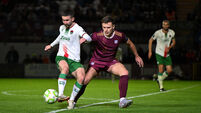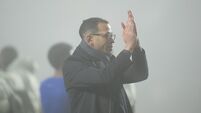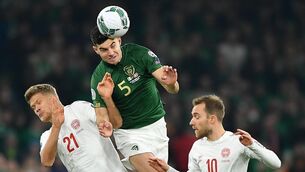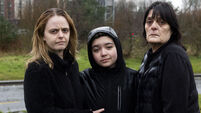John Fallon: Ireland women deserving of their sacred standing
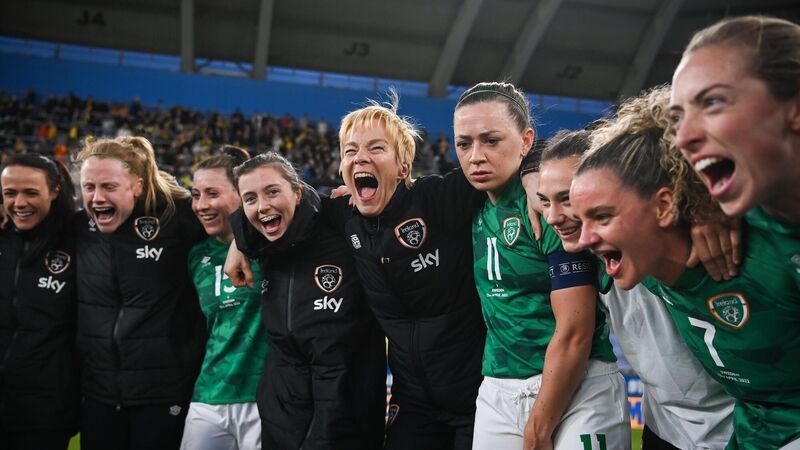
Roaring home: Republic of Ireland manager Vera Pauw celebrates with her players in the team huddle after the FIFA Women's World Cup 2023 qualifying match between Sweden and Republic of Ireland in Gothenburg, Sweden. Photo: Stephen McCarthy/Sportsfile
Perhaps Ireland’s women’s World Cup pool heading into the business end was best characterised by Slovakia’s manager, Peter Kopúň.



